Insomnia & Sleep Issues
Insomnia is a common sleep problem that appears to impact approximately 10% of the population, with approximately 1 in 3 adults presenting with symptoms. According to the Diagnostic and Statistical Manual of Mental Disorders, 5th Edition (DSM-5), insomnia is defined as dissatisfaction with sleep quantity or quality associated with difficulty initiating sleep, maintaining sleep, or difficulty returning to sleep following early morning awakenings. These issues occur despite having adequate time and opportunity for sleep, result in impairment, and occur at least three nights per week for three or more months.
Common Symptoms Include:
Trouble falling asleep at night
Lying awake for long periods of time
Waking several times during the night
Feeling irritable
Treatment for Insomnia:
Cognitive behavioral therapy for insomnia (CBT-I) is the “golden standard,” evidence-based treatment for insomnia. CBT-I is a treatment modality that uses behavioral interventions and cognitive techniques to alter thinking patterns as they pertain to sleep. CBT-I has been shown to be equally effective when compared to sleep medications in the short-term, and the research suggests that it may be more effective and durable than medications in the long-term.
Our CBT-I program (“The Science of Catching ZzZs”) is an individual program, typically ranging between four to six sessions. In the first session, we conduct a thorough assessment to determine the most effective intervention strategies and review a sleep log with data from a week prior to highlight problem areas and action steps. We then discuss some sleep myths and strategies to reclaim your sleep. Our program goes beyond sleep hygiene, as we incorporate stimulus control strategies, sleep scheduling, and sleep restriction techniques, if indicated. We also discuss physiological and psychological strategies to promote mindfulness and relaxation, and we engage in cognitive work to modify thinking patterns that disrupt sleep. In the final session, we problem-solve and troubleshoot any remaining issues and create a relapse prevention plan.
